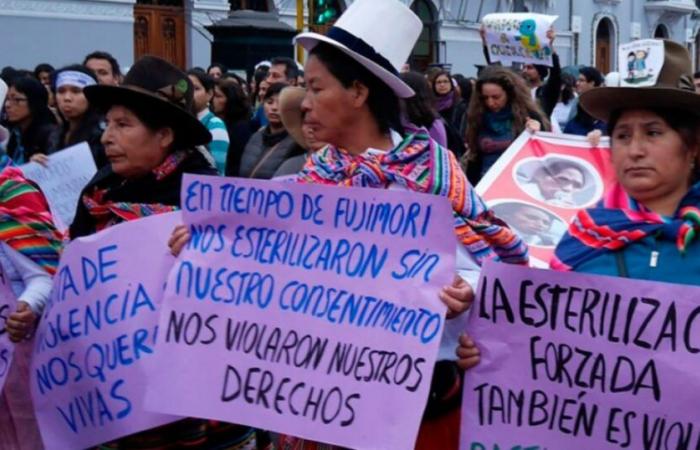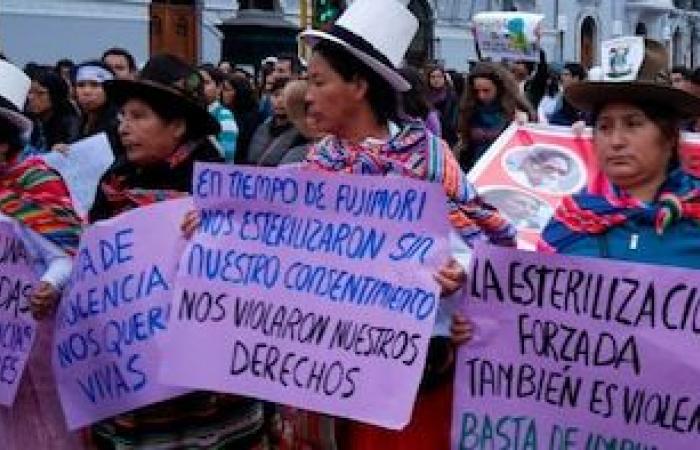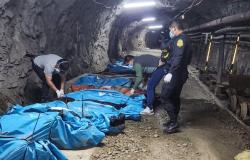The Inter -American Court of Human Rights (IDH Court) ordered the Peruvian State to ensure that the Ong demus Keep representing the victims of sterilizations Forced without suffering reprisals.
As remembered, the ex -dictator Alberto Fujimori implemented a policy of forced sterilizations in the 90s. UN Rights Committee It describes this measure as a form of violence based on sex and discrimination, especially directed particularly against indigenous, rural and economically disadvantaged women.
The first case before the IdH court was that of Cecilia Ramos Durandwho died after suffering this procedure in 1997. The incident occurred when national Program for Reproductive Health and family Planning (PNSRPF) installed a health post in the place where he lived.

According to El Center for justice and International Law (Cejil)the Court also warns that Ley 32301, best known as Ley Anti NOG, It could be used to sanction organizations such as Demus, which represents victims before the Inter -American Human Rights System. This, he maintains, could mean a form of retaliation.
This regulation, which promoted Congress, qualifies as a very serious infraction to use international cooperation resources to participate in legal actions with the State.
However, as the CejilArticle 53 of the Regulations of the IDH cut It notes that states cannot prosecute or exercise reprisals against victims, witnesses or their representatives for participating in processes before the court.
So, although no sanctions have been imposed yet, it could be given in the future, taking into account that the entity has already clarified that the application of Law 32301 to Demonstrate It would be a retaliation and that could affect the right of access to justice.

Cejil It establishes that the argument that others representing the plaintiffs is not valid, since they should have the right to freely choose their lawyers.
“This Court’s decision is key: protects the right to defense in the Inter -American System and orders Peru to guarantee the free participation of the representatives chosen by the victims at all stages of the process, without fear of reprisals, ”they said through their X/Twitter account.
After the Congress of the Republic promoted this regulation, the president On Biguarte He promulgated it. Thus, the functions of the Peruvian International Cooperation Agency (APCI)with the objective of hardening the supervision of the financing that the Non -governmental organizations (NGOs) through international cooperation.
The president justified this measure as an effort to guarantee transparency and accountability, although she also admitted that the norm seeks to control those NGOs that, in their opinion, “sow hatred and attack the system.”

During the act of promulgation, Boluarte He affirmed that the law does not have to exercise arbitrary control, but to ensure that resources, both public and private, are used honestly. However, at a time of his speech, he acknowledged that the norm is specifically aimed at a group of organizations that, according to her, They act against the interests of the Peruvian State.
“This law will also ensure the supreme interest of democracy, the national unity and put under a thorough review of an NGO minority that act against the interests of our country, sowing hate and attacking our system,” said the president.
The new legislation establishes more severe sanctions in cases where a questionable use of funds from international cooperation is detected. Among the contemplated scenarios is the use of these resources to finance legal lawsuits against the State.







